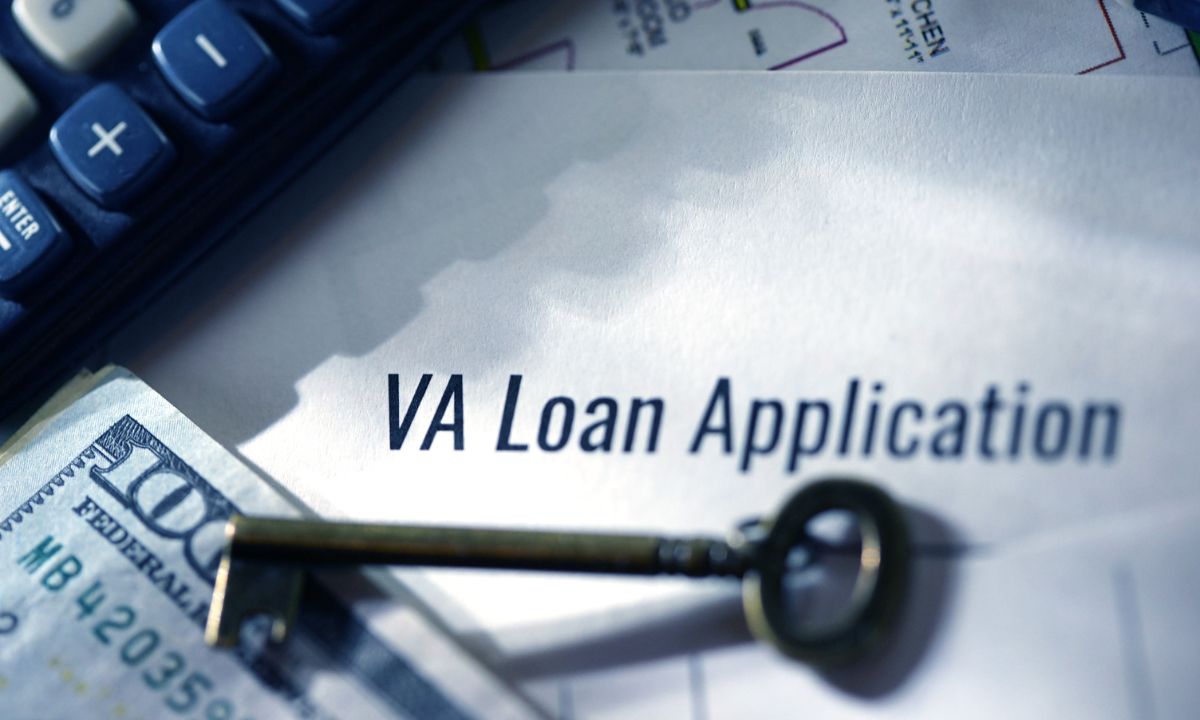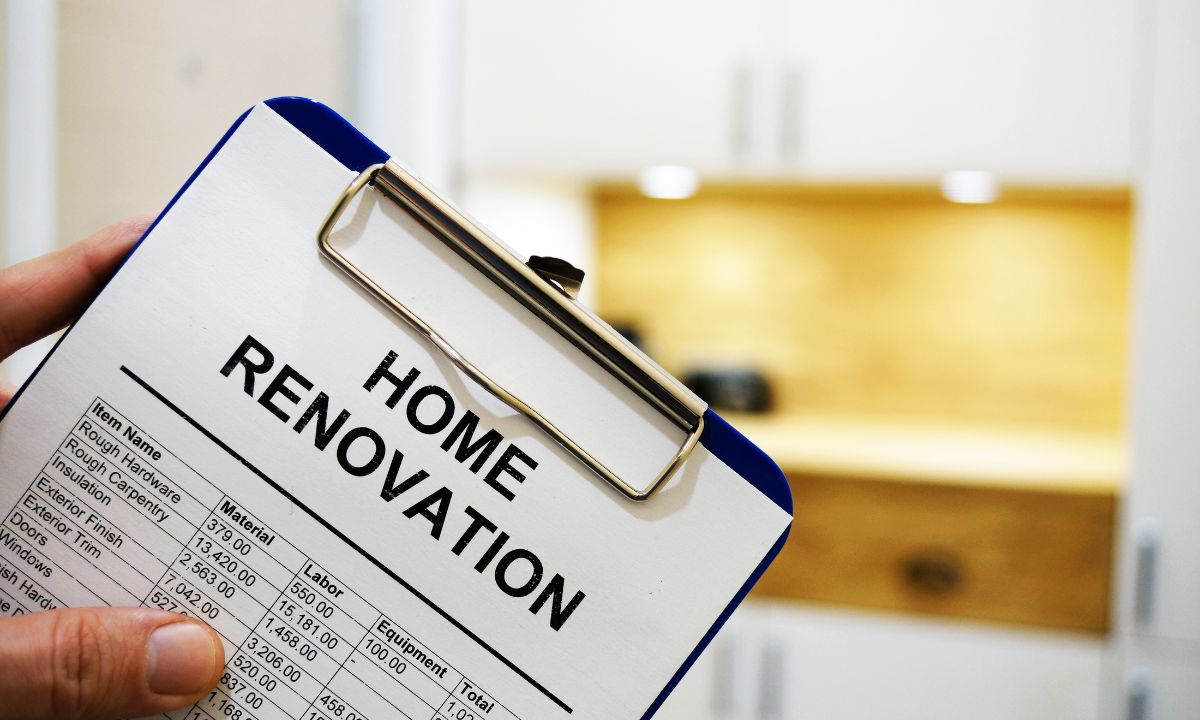 Are you a veteran or an active-duty military member considering homeownership? VA loans offer significant benefits tailored to meet the needs of veterans and service members. Here’s a concise guide to understanding the advantages and requirements of VA loans:
Are you a veteran or an active-duty military member considering homeownership? VA loans offer significant benefits tailored to meet the needs of veterans and service members. Here’s a concise guide to understanding the advantages and requirements of VA loans:
Benefits of VA Loans:
No Down Payment: One of the most significant advantages of VA loans is that they often require no down payment, making homeownership more accessible for veterans and active-duty military personnel.
Lower Interest Rates: VA loans typically offer lower interest rates compared to conventional mortgages, which can result in substantial savings over the life of the loan.
No Private Mortgage Insurance (PMI): Unlike many conventional loans, VA loans do not require private mortgage insurance (PMI), further reducing the overall cost of homeownership.
Flexible Credit Requirements: VA loans tend to have more lenient credit score requirements compared to conventional loans, making them accessible to a broader range of borrowers.
Assistance in Avoiding Foreclosure: The Department of Veterans Affairs provides support and resources to help veterans and service members avoid foreclosure, including loan modification options and financial counseling.
Requirements for VA Loans:
Eligibility: To qualify for a VA loan, you must be an active-duty military member, veteran, reservist, or National Guard member who meets specific service requirements. Spouses of service members who died in the line of duty or as a result of a service-related disability may also be eligible.
Certificate of Eligibility (COE): You must obtain a Certificate of Eligibility from the Department of Veterans Affairs to prove your eligibility for a VA loan. This document verifies your military service and determines the amount of entitlement you have available for the loan.
Property Eligibility: The property you intend to purchase with a VA loan must meet certain requirements set forth by the Department of Veterans Affairs. These requirements ensure that the property is safe, sanitary, and structurally sound.
Income and Debt Requirements: While VA loans are more flexible than conventional loans, lenders will still evaluate your income and debt-to-income ratio to ensure you can afford the mortgage payments.
Occupancy Requirement: You must intend to occupy the property as your primary residence within a reasonable period after closing the loan. VA loans are not available for investment properties or vacation homes.
VA loans offer numerous benefits and opportunities for veterans and active-duty military personnel to achieve homeownership with favorable terms and conditions. If you’re eligible, consider exploring VA loans as a viable option for purchasing your dream home. Make sure to consult with a knowledgeable lender experienced in VA loans to guide you through the process and help you make informed decisions tailored to your unique circumstances.
 Undertaking home renovations can be an exciting endeavor, whether you’re looking to enhance your living space, increase property value, or simply modernize your home. However, financing these projects can often pose a significant challenge. While personal loans and refinancing are popular options for funding renovations, it’s important to weigh the advantages and disadvantages before deciding.
Undertaking home renovations can be an exciting endeavor, whether you’re looking to enhance your living space, increase property value, or simply modernize your home. However, financing these projects can often pose a significant challenge. While personal loans and refinancing are popular options for funding renovations, it’s important to weigh the advantages and disadvantages before deciding.